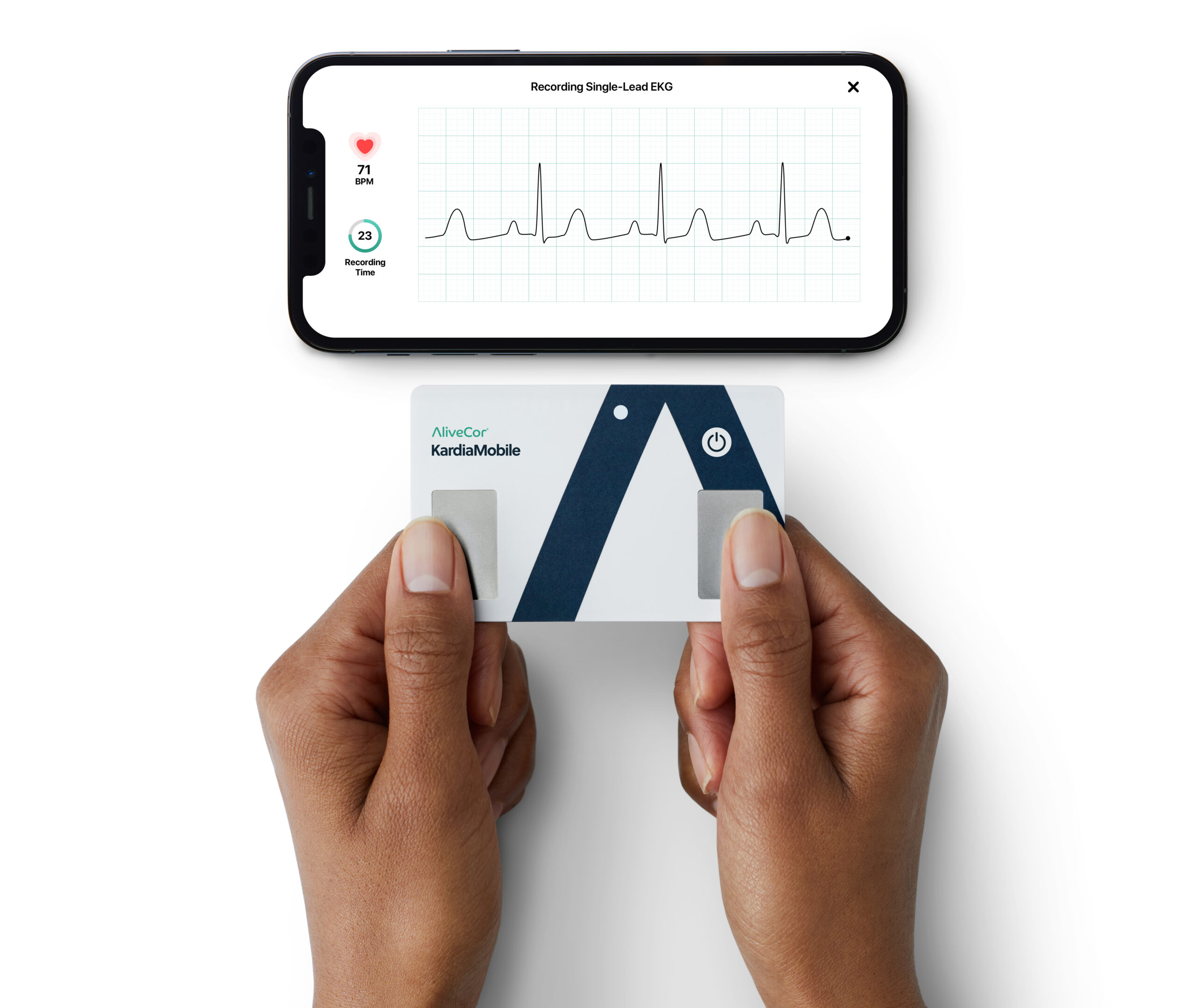23 May 2025
The major news this week was the Hinge Health IPO, the first for digital health in two years–but the downside was that it was at a lower valuation. Denouements abounded with most 23andMe genetic assets bought by Regeneron, without a drink of Lemonaid. WeightWatchers’ time may have passed, new heads for Calibrate and Oak Street, and two more ‘arranged marriages’, Smarter Technologies and Fuze Health. An update on the VA EHRM in the budget. Masimo’s recovering, as is Ted of Strata-gee.
Remember our soldiers, sailors, airmen, and Marines who have passed on this Memorial Day. Our Monday newsletter will be on Tuesday.
News roundup 22 May: an inflight ‘save’ and AliveCor’s KardiaMobile, rolling out the VA/Oracle EHR in ‘waves’, Fuze Health formed from LetsGetChecked/Truepill, hacking and ransomware 92% of PHI data breaches (A renaming of a 2024 ‘arranged marriage’–can it be saved?)
News roundup: Hinge Health public @$32/share, lower valuation. Is WeightWatchers game over? Calibrate replaces CEO, new prez for Oak Street, NMC gets ‘Smarter’ rolling up 3 portfolio companies, another splash of investor ‘cold water’ (The first health tech IPO in 2 years and ‘smushing’ when they can’t)
Update: Masimo’s website status and an analysis of the Sound United sale (Getting up and running post-attack, but what happened?)
23andMe sold to Regeneron for $256M in court-supervised bankruptcy, sans Lemonaid. And is it worth it? (We come up with a number, it’s likely)
From last week: UnitedHealth Group changed out CEOs suddenly. The new one is a surprising ‘blast from the profitable past’ but that didn’t stop Mr. Market from taking the stock down down down. Another blast involves Elizabeth Holmes’ partner Billy Evans fronting a diagnostic testing- in-a-box startup.”Surprise, surprise!” No surprise that Holmes lost her appeal of an appeal–nor Omada Health filing for an IPO. Unfortunately, our investigator on all things Masimo met his own surprise walking on a sunny day–fortunately, Ted’s on the mend. More about BCIs with Apple integration, a chronic pain management startup, Parkinson’s data, two good raises, and what payers pay to keep their execs safe.
Short takes: Synchron BCI integrates with Apple devices, Shields Health partners with Duke on specialty pharmacy, raises for Cohere Health, Olio (More BCI action with Apple getting into it)
Theranos’ revenge? Holmes’ partner Billy Evans founds a startup for diagnostic testing, denies it is ‘Theranos 2.0’; Holmes loses Federal rehearing appeal. (Is Holmes advising long distance? Letters from a Texas Jail?)
News roundup: Omada Health files for IPO, UPMC-Redesign partner on chronic pain management, OK and PA AGs warn 23andMe users to delete data, Verily to build Parkinson’s dataset, what payers paid for exec security (Omada follows Hinge. But the last is surprising–between a lot and a little)
This just in: UnitedHealth Group CEO Andrew Witty steps down immediately, replaced by former CEO Stephen Hemsley (updated 15 May) (UHG may change out CEOs, but continues to be hammered by Mr. Market)
Best wishes to Strata-gee’s Ted Green on a fast recovery! (Ted, our ace Masimo investigator, was put rather suddenly in a bad place…use your eyes when you drive!)
* * *
Advertise on Telehealth and Telecare Aware
Support not only a publication but also a well-informed international community.
Contact Editor Donna for more information.
Help Spread the News
Please tell your colleagues about this free news service and, if you have relevant information to share with the rest of the world, please let me know!
Donna Cusano, Editor In Chief
donna.cusano@telecareaware.com
Telehealth & Telecare Aware – covering news on latest developments in telecare, telehealth and eHealth, worldwide.
To leave the email alerts mailing list either use the ‘Unsubscribe Here’ link at the bottom of this email (if you can see it) or email Editor Donna.



















Most Recent Comments